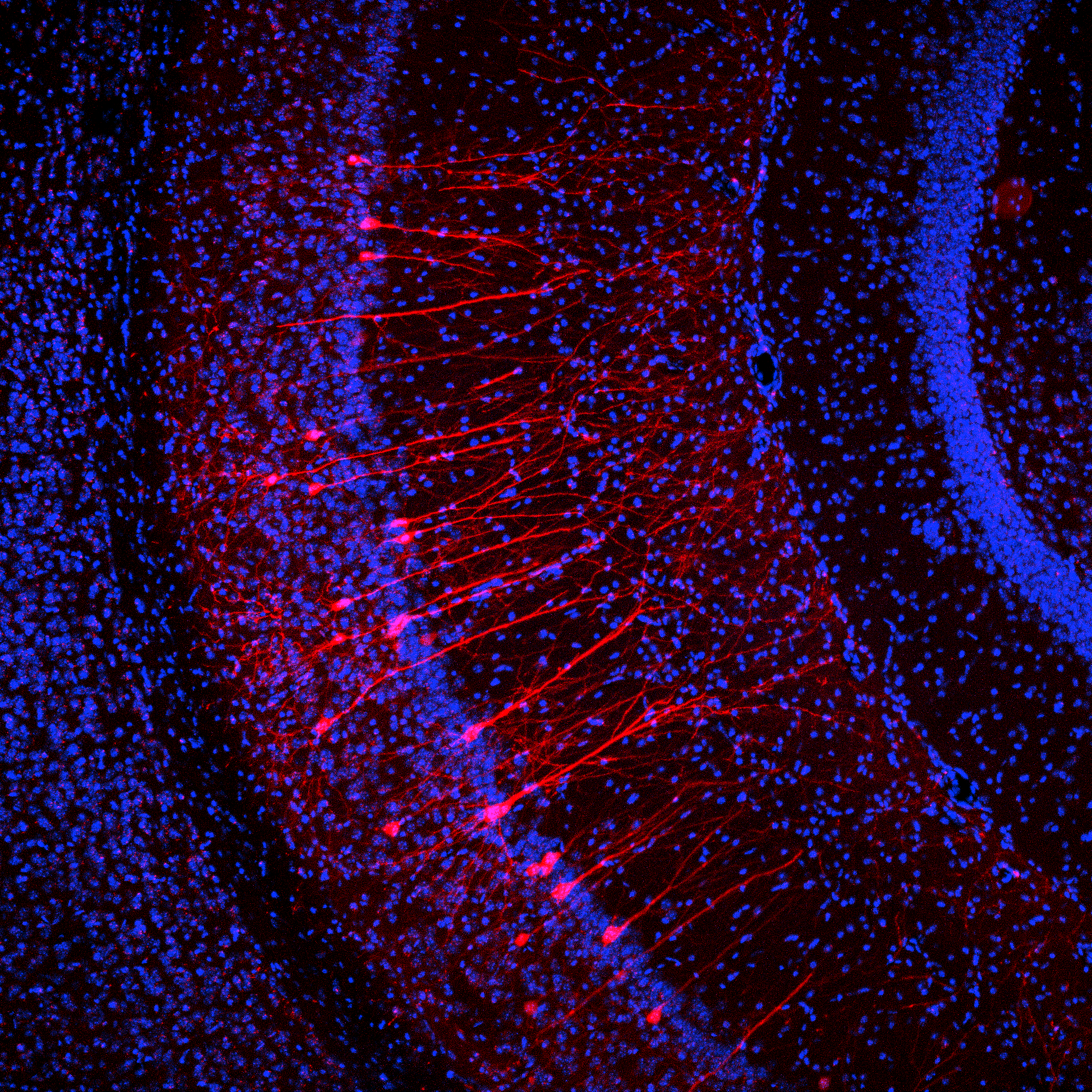
Publications

Neurogenesis and generalization: A new approach to stratify and treat anxiety disorder
Kheirbek MA, Klemenhagen KK, Sahay A, Hen R (2012)
Nature Neuroscience
Although an influence of adult neurogenesis in mediating some of the effects of antidepressants has received considerable attention in recent years, much less is known about how alterations in this form of plasticity may contribute to psychiatric disorders such as anxiety and depression. One way to begin to address this question is to link the functions of adult-born hippocampal neurons with specific endophenotypes of these disorders. Recent studies have implicated adult-born hippocampal neurons in pattern separation, a process by which similar experiences or events are transformed into discrete, non-overlapping representations. Here we propose that impaired pattern separation underlies the overgeneralization often seen in anxiety disorders, specifically post-traumatic stress disorder and panic disorder, and therefore represents an endophenotype for these disorders. The development of new, pro-neurogenic compounds may therefore have therapeutic potential for patients who display pattern separation deficits.

NR2B-dependent plasticity of adult-born granule cells is necessary for context discrimination
Kheirbek MA, Tannenholz L, Hen R (2012)
Journal of Neuroscience
Adult-generated granule cells (GCs) in the dentate gyrus (DG) exhibit a period of heightened plasticity 4 – 6 weeks postmitosis. However, the functional contribution of this critical window of plasticity to hippocampal neurogenesis and behavior remains unknown. Here, we show that deletion of NR2B-containing NMDA receptors from adult-born GCs impairs a neurogenesis-dependent form of LTP in the DG and reduces dendritic complexity of adult-born GCs, but does not impact their survival. Mice in which the NR2B-containing NMDA receptor was deletedfrom adult-born GCs did not differfrom controlsin baseline anxiety-like behavior or discrimination of very different contexts, but were impaired in discrimination of highly similar contexts. These results indicate that NR2B-dependent plasticity of adult-born GCs is necessary for fine contextual discrimination and is consistent with their proposed role in pattern separation.
